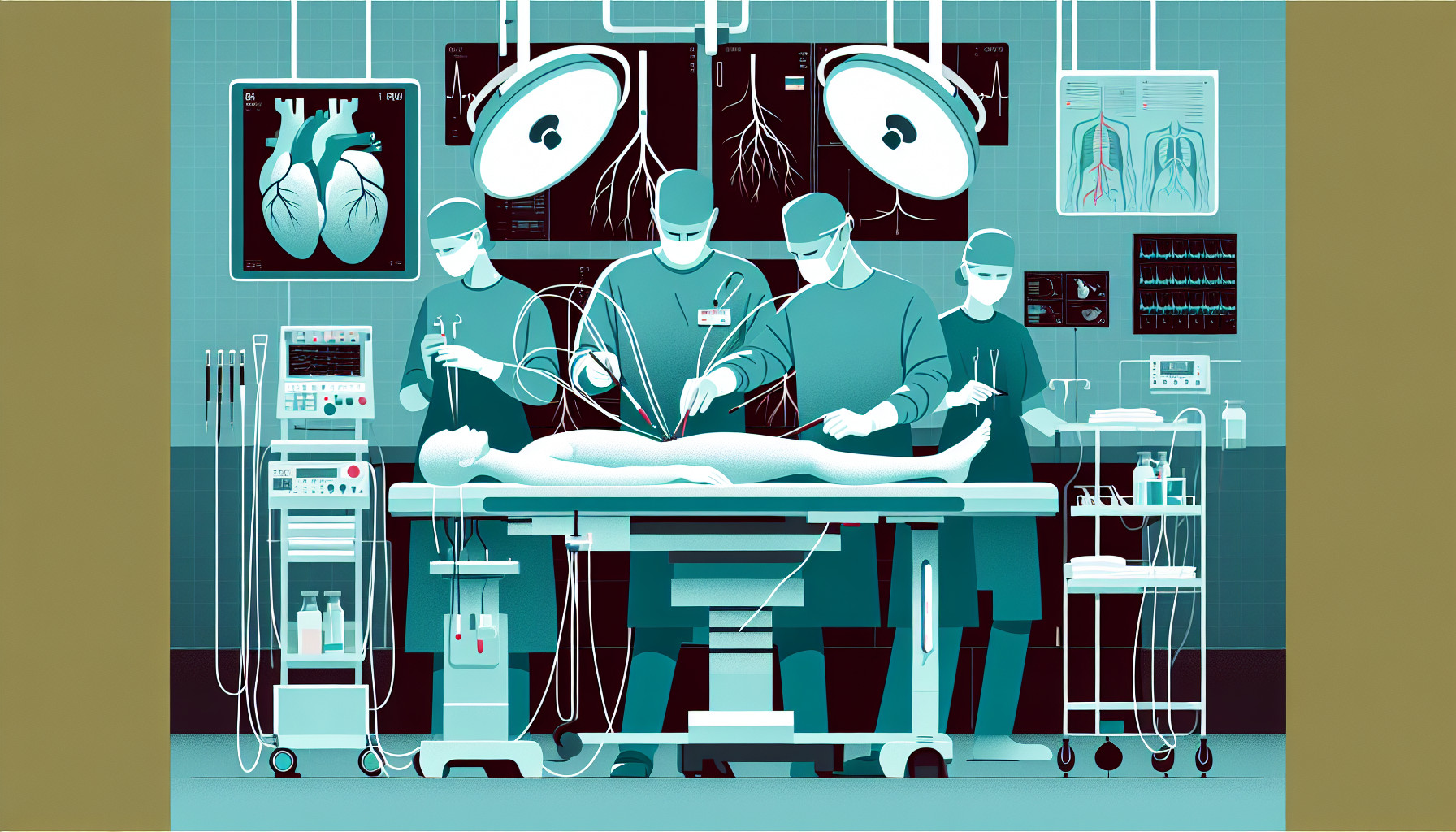Our Summary
This research paper is about glioblastoma, a common type of brain cancer in adults, which is very aggressive and significantly reduces the patients’ quality of life. The growth of these tumors is heavily dependent on the formation of new blood vessels, a process driven mainly by a protein called vascular endothelial growth factor-A (VEGF). Because of this, therapies targeting the VEGF pathway have been a key area of focus in treating this type of cancer.
However, the paper explains that while these treatments initially seemed promising, drugs like bevacizumab have not improved patients’ overall survival. This suggests that the tumors are finding other ways to continue growing, even when VEGF is blocked.
Therefore, the paper emphasizes the need for further research into how these tumors manage to resist treatment, and how we could develop better strategies to fight them. The researchers take a deep dive into the current treatments available, the mechanisms that might be enabling the tumors to resist these treatments, and potential ways to enhance the effectiveness of these therapies.
FAQs
- What is the role of VEGF signaling pathway in the treatment of Glioblastoma?
- Why have treatments like bevacizumab failed to improve overall survival in Glioblastoma patients?
- What are the current strategies for enhancing the effectiveness of anti-angiogenic agents in Glioblastoma treatment?
Doctor’s Tip
One helpful tip a doctor might tell a patient about vascular bypass surgery is to follow a healthy lifestyle, including maintaining a balanced diet, staying physically active, and avoiding tobacco and excessive alcohol consumption. These lifestyle changes can help improve overall cardiovascular health and reduce the risk of complications after surgery. Additionally, it’s important to follow all post-operative instructions provided by the medical team, attend follow-up appointments, and report any concerning symptoms promptly to ensure a successful recovery.
Suitable For
Patients with vascular diseases such as peripheral artery disease, atherosclerosis, and coronary artery disease are typically recommended vascular bypass surgery. These patients may experience symptoms such as leg pain, numbness, and weakness due to reduced blood flow to the affected area. Vascular bypass surgery involves creating a new pathway for blood to flow, bypassing the blocked or narrowed blood vessel, and improving blood flow to the affected area. This can help alleviate symptoms and improve quality of life for patients with vascular diseases.
Timeline
- Before vascular bypass surgery:
- Patient is diagnosed with a vascular disease or condition that requires surgical intervention.
- Patient undergoes pre-operative evaluations, including imaging tests and consultations with the surgical team.
- Patient may be prescribed medications to manage symptoms and reduce the risk of complications during surgery.
- Patient receives information about the procedure, including potential risks and benefits.
- During vascular bypass surgery:
- Patient is under general anesthesia and monitored closely throughout the procedure.
- Surgeon makes an incision to access the affected blood vessel and prepares for the bypass.
- Surgeon creates a new pathway for blood flow using a graft or a section of the patient’s own vein or artery.
- The bypass is carefully connected to the blood vessels to restore proper blood flow.
- Surgery may take several hours, depending on the complexity of the bypass.
- After vascular bypass surgery:
- Patient is monitored in the recovery room and may stay in the hospital for a few days for observation.
- Patient may experience pain, swelling, and bruising at the surgical site, which can be managed with medication.
- Patient is instructed on post-operative care, including wound care, activity restrictions, and follow-up appointments.
- Patient may undergo physical therapy to regain strength and mobility.
- Patient continues to follow up with their healthcare team for monitoring and adjustments to their treatment plan as needed.
What to Ask Your Doctor
- What are the potential risks and complications associated with vascular bypass surgery?
- How long is the recovery period after vascular bypass surgery?
- What are the success rates of vascular bypass surgery for my specific condition?
- Are there any alternative treatment options to vascular bypass surgery?
- How will vascular bypass surgery improve my symptoms and quality of life?
- Will I need any additional follow-up treatments or medications after vascular bypass surgery?
- How experienced is the surgical team in performing vascular bypass procedures?
- What can I expect during the surgical procedure and the post-operative care?
- Are there any lifestyle changes I should make before or after vascular bypass surgery to improve outcomes?
- What are the long-term effects and potential complications of vascular bypass surgery?
Reference
Authors: Nowacka A, Śniegocki M, Smuczyński W, Bożiłow D, Ziółkowska E. Journal: Cells. 2025 Mar 11;14(6):407. doi: 10.3390/cells14060407. PMID: 40136656
